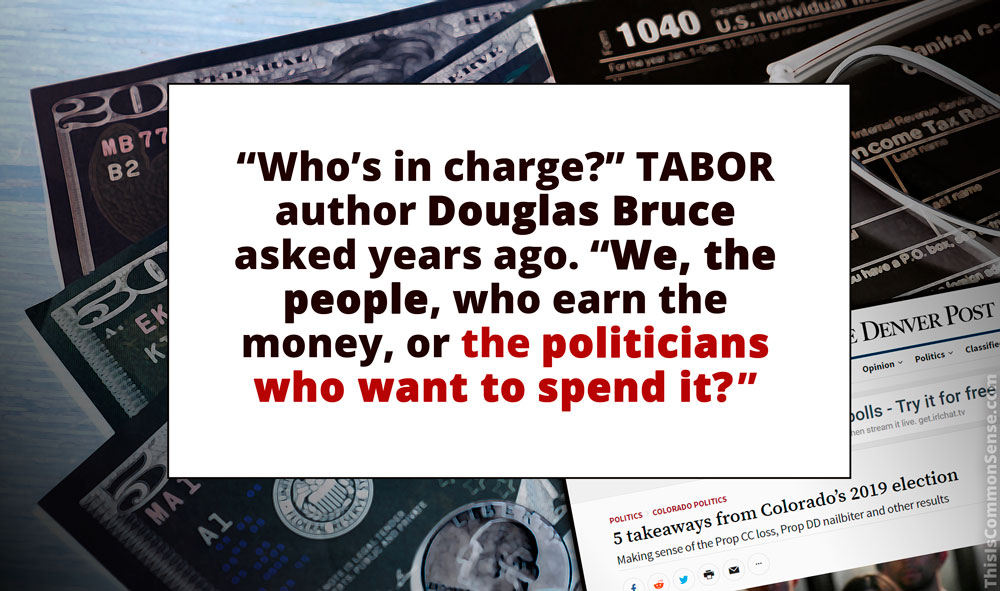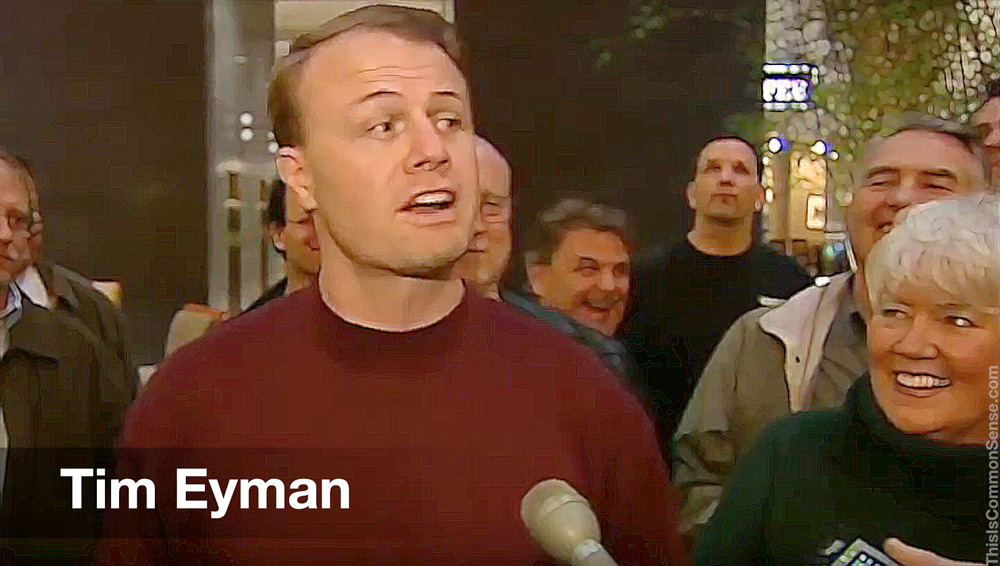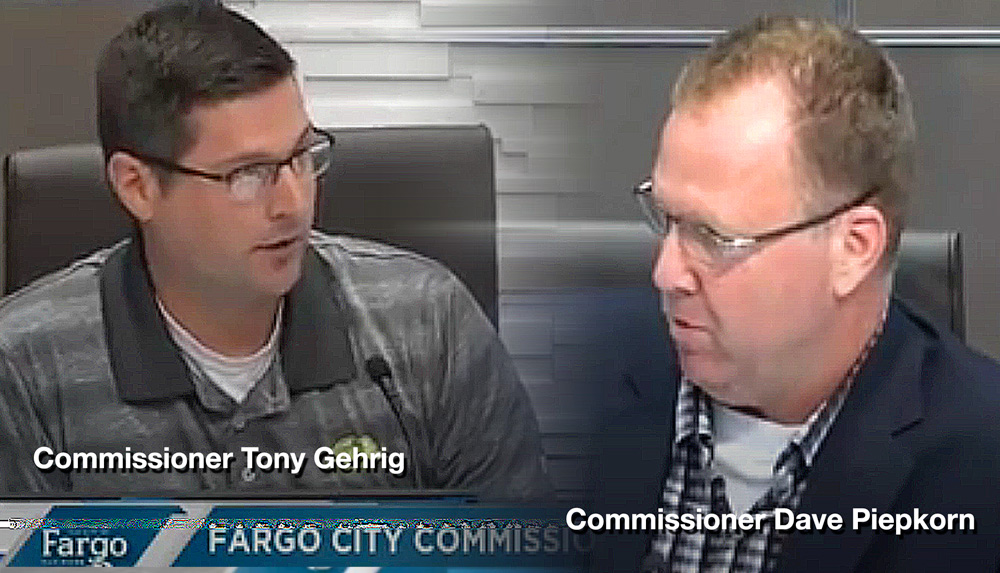This story started out lousy and then swerved into neutral. But there are still problems under the hood.
At the very end of 2020 (good riddance, 2020!), U.S. distilleries were suddenly faced with a ludicrous FDA tax of $14,000 for using their facilities to make alcohol-based hand sanitizer.
These adaptive distilleries — about 835 of them — have long used alcohol to make booze, of course. But early last year, lockdowns began to massively reduce demand for alcoholic beverages in certain venues. It made sense to begin producing hand sanitizer in order to meet the massively new pandemic-induced demand for sanitizer.
Win-win, until, in the last days of 2020, FDA decided that such flexible pivoting deserved what amounts to a penalty. Bureaucrats decided that producing hand sanitizer changed how the 835 distilleries should be classified. Entities so classified — as “over-the-counter drug monograph facilities” — are supposed to pay the $14,000 fee.
Media coverage and the outcry by already-walloped distilleries has, however, led the Department of Health and Human Services to rescind the penalty. HHS has told FDA to stand down. The fee has been cancelled.
So everybody is happy now, the way you’re happy when the sledgehammer swinging down doesn’t bash you in the head after all.
Aaron Bergh of Calwise Spirits wonders whether distilleries will still get hit with such a fee in 2021. What the government giveth, it can taketh. For now, though, like everyone else, he’s just darn relieved.
Happy New Year, folks.
This is Common Sense. I’m Paul Jacob.
—
See all recent commentary
(simplified and organized)










